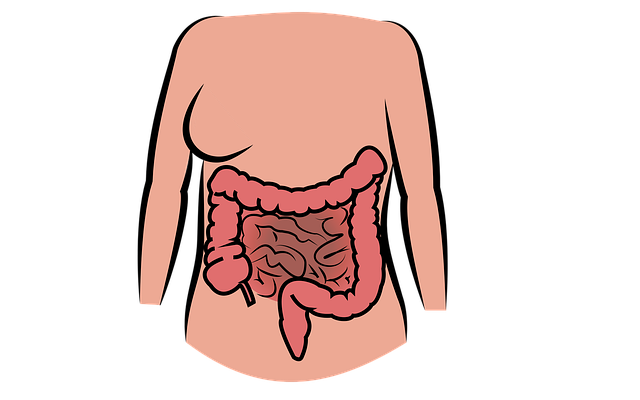Maintain Good Digestive Health – A Big Step to a Healthy Lifestyle




In many ways, the entire well-being of a person depends on digestive health. You are what you eat. And how your food is processed determines your body’s nutritional balance.
The average American suffers from many digestive system problems. IBS or irritable bowel syndrome and diverticulosis are just some of the common conditions.
Celiac disease, gallstones, and hemorrhoids are serious conditions that happen when an individual is not taking care of his or her digestive health.
However, there are simple ways in which you can improve your digestive health and make your own life much more comfortable.
A very popular option for people to restore or maintain good digestive health is the taking of supplements. Fish oil and probiotics are just some of many other supplements that are recommended for better digestive health.
Apart from these supplements, you can also adopt certain lifestyle habits to keep away from digestion-related problems.
A diet that is loaded with fiber ensures that food keeps moving in your digestive tract, acting as a natural clean-up of the intestines too.
People who suffer from constipation do so because they are not able to incorporate a decent amount of fiber in their diet.
Some of the good sources of fiber include vegetables, legumes, and whole grains. Almonds and berries are also considered good fiber food.
Remember that there are two types of fiber – soluble and insoluble. The soluble fiber is responsible for preventing watery stools and the insoluble fiber helps in facilitating regular bowel movement.
Junk food contains a lot of fat, an agent which reduces the pace of your digestion cycle. This leads to constipation. Steer clear from fat-heavy food and when you consume meat, stick to lean cuts. Chicken and fish are considered lean meats. Other lean cuts include sirloin and bottom round steaks.
There are healthy fats that you do need to include in your diet. Walnuts, salmon, sardines, and chia seeds are some of the easily available sources of good omega-3 fats.
Constipation can arise from a lack of reasonable hydration. An adult is recommended at least 2 liters of water a day.
If you have a lot of physical activity in your daily routine or you are living in a hot place, you are expected to drink even more water. Water is important in keeping the food moving in your digestive tract.
Do not take large gulps of water in between your meals – this can dilute the acids released by the stomach and severely affect your digestive process.
If you do not want to chug in too much water all day, add some diversity with fruits like peaches and melons. Cucumbers are also a great source of water.
Most people usually associate smoking with lung damage but this bad habit has repercussions for your digestive health too. Studies have shown that smokers are at a higher risk of getting Crohn’s disease or Irritable Bowel Syndrome.
Caffeine too interrupts the smooth functioning of your digestive system. When you drink too much coffee, your body will release certain stress-related hormones and chemicals, causing a chain reaction that reduces the blood flow to your gut area. This can lead to indigestion and if that happens often, you will end up with more digestive system complications.
Have you ever felt a tingling in your stomach when you are slightly nervous? Continuous long-term stress can have a bearing on your digestive health.
Experts have observed a correlation between higher levels of stress and increased release of stomach acids – which can cause indigestion.
Stress is also related to stomach ulcers. Take time off sometimes, your gut will thank you. Meditation is considered a very effective stress-buster.
digestive system also involves a lot of abdominal muscles. The only way to keep them in shape is exercise. Some of the recommended activities include cardiovascular workouts like running, cycling, and walking. Use gravity to help your digestion! Take a walk after a heavy meal.
These are just some of the many basic ways you can address your gut. Even something as simple as chewing food properly and eating it slowly can improve digestive health.
In fact the longer you chew, the more you aid the digestion process before the food enters your gut. This reduces the stress on your digestive system. Have your meals early – late night dinners are associated with indigestion and lay off the alcohol.
A healthy digestive system will lead to a carefree and happy daily routine. You can travel in peace and enjoy all sorts of cuisines without having to worry about your digestive system’s reaction. Take care of your gut health and reap the benefits.
